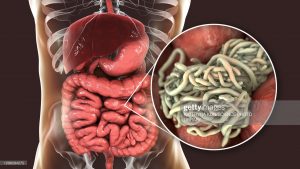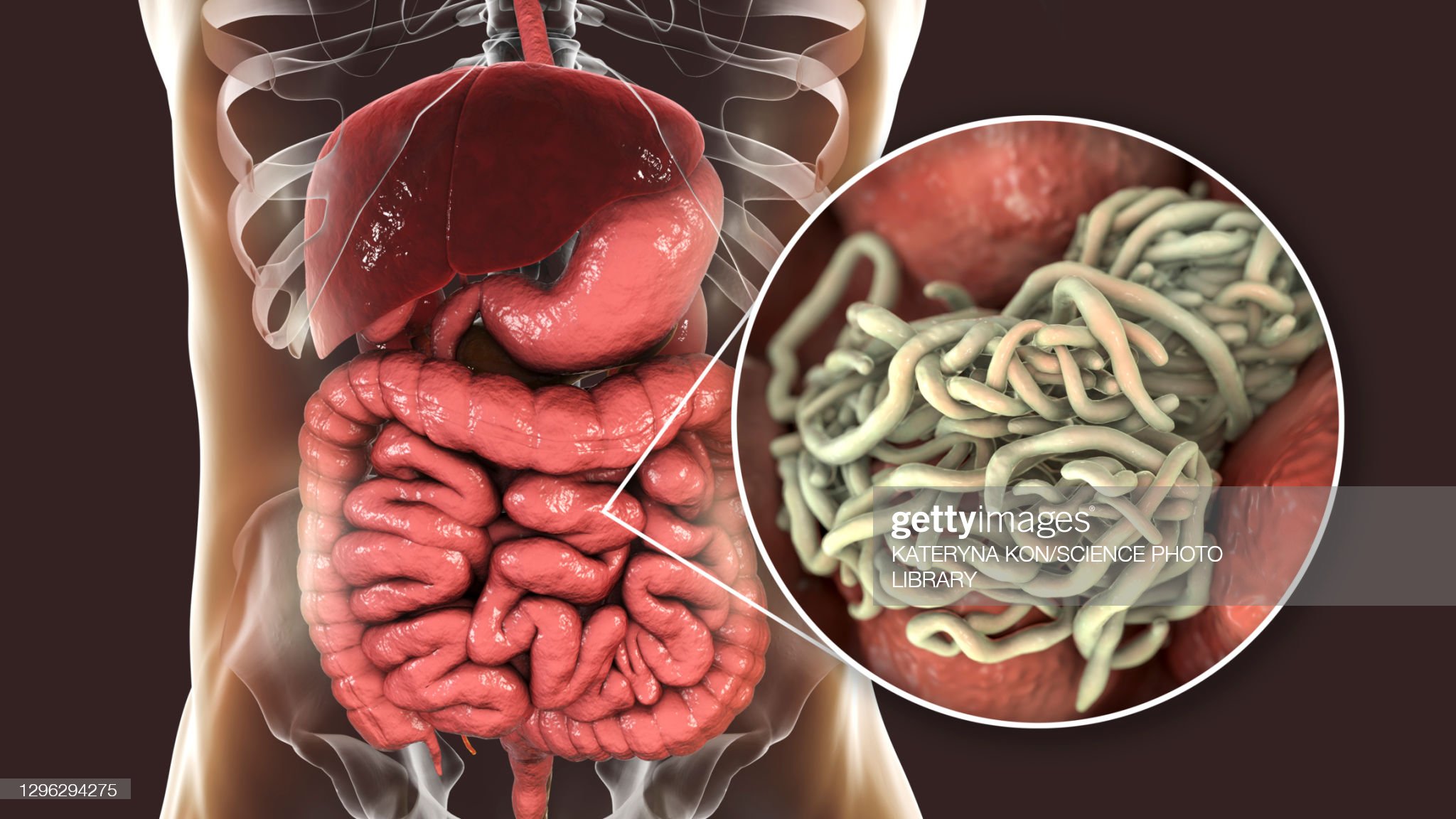A Brief Report on the Impact of Omega-3 Deficiency
What are Omega-3 Fatty Acids?
Omega-3 fatty acids are a type of polyunsaturated fat that is necessary for human health. They are classified as essential fatty acids because the human body cannot produce them and must obtain them through diet or supplements. The three main types of omega-3 fatty acids are alpha-linolenic acid (ALA), eicosapentaenoic acid (EPA), and docosahexaenoic acid (DHA). ALA is found mainly in plant sources such as flaxseed, chia seeds, and walnuts, while EPA and DHA are found primarily in fish and seafood.
Impact of Omega-3 Deficiency on Health
- Cognitive Health: Omega-3 fatty acids are essential for optimal cognitive function. A deficiency in omega-3s has been linked to cognitive decline, memory loss, and mood disorders such as depression and anxiety.
- Cardiovascular Health: Omega-3s have been shown to lower triglycerides, reduce blood pressure, and prevent the formation of blood clots. A deficiency in omega-3s increases the risk of cardiovascular disease and stroke.
- Joint Health: Omega-3s have anti-inflammatory properties that can reduce joint pain and stiffness associated with rheumatoid arthritis and osteoarthritis.
- Eye Health: DHA, a type of omega-3 fatty acid, is an essential component of the retina. A deficiency in DHA can lead to vision problems and even blindness.
- Skin Health: Omega-3s are necessary for maintaining healthy skin, as they help to retain moisture and prevent dryness and flakiness. A deficiency in omega-3s can lead to skin problems such as eczema and psoriasis.
Sources of Omega-3 Fatty Acids
- Fish and Seafood: Fatty fish such as salmon, mackerel, and sardines are excellent sources of EPA and DHA.
- Plant-Based Sources: Flaxseed, chia seeds, hemp seeds, and walnuts are excellent sources of ALA.
- Supplements: Omega-3 supplements are available in the form of fish oil, krill oil, and algae-based supplements.
How to Ensure Adequate Omega-3 Intake
- Incorporate fatty fish into your diet at least twice a week.
- Include plant-based sources of omega-3s such as flaxseed, chia seeds, and walnuts in your diet.
- Consider taking omega-3 supplements if you are not able to obtain enough through your diet.
- Choose high-quality supplements that have been independently tested for purity and potency.
- Consult with your healthcare provider before starting any new supplement regimen.
Conclusion
Omega-3 fatty acids are essential nutrients that play a crucial role in maintaining overall health. A deficiency in omega-3s can have a significant impact on various aspects of health, including cognitive function, cardiovascular health, joint health, eye health, and skin health. Incorporating fatty fish, plant-based sources of omega-3s, and supplements can help ensure adequate omega-3 intake and reduce the risk of associated health issues.
References:
- National Institutes of Health. Omega-3 Fatty Acids. Accessed on September 15, 2022. https://ods.od.nih.gov/factsheets/Omega3FattyAcids-HealthProfessional/
- Harvard Health








